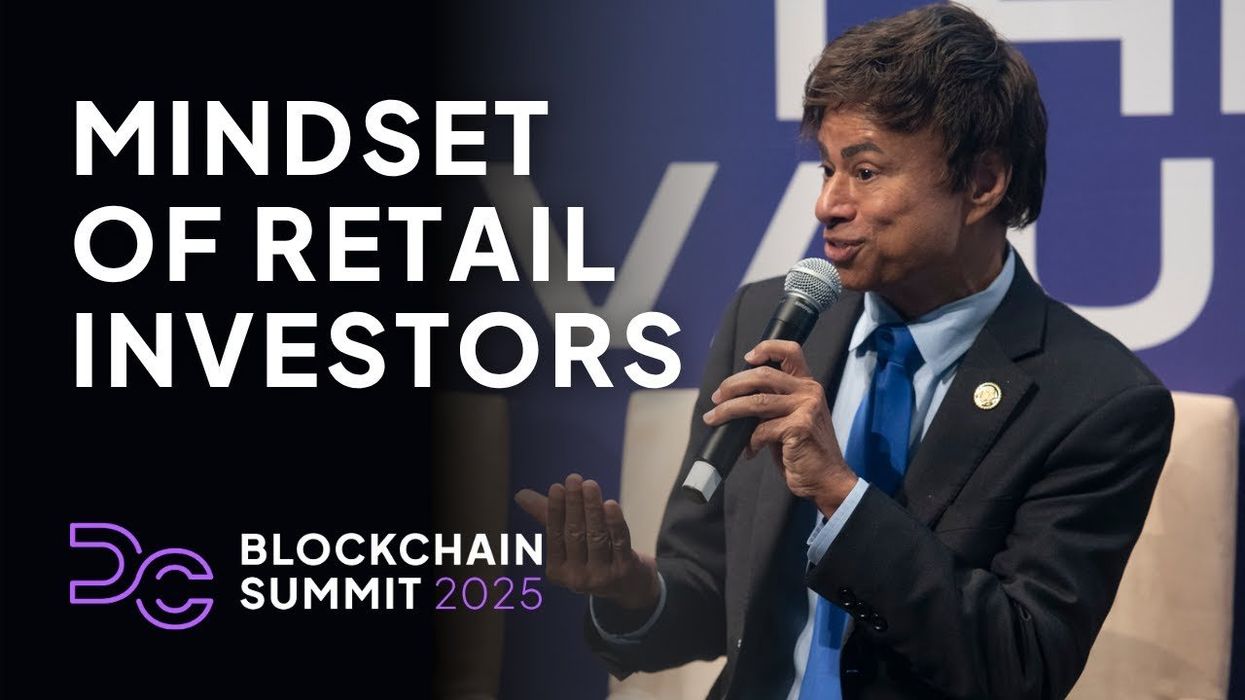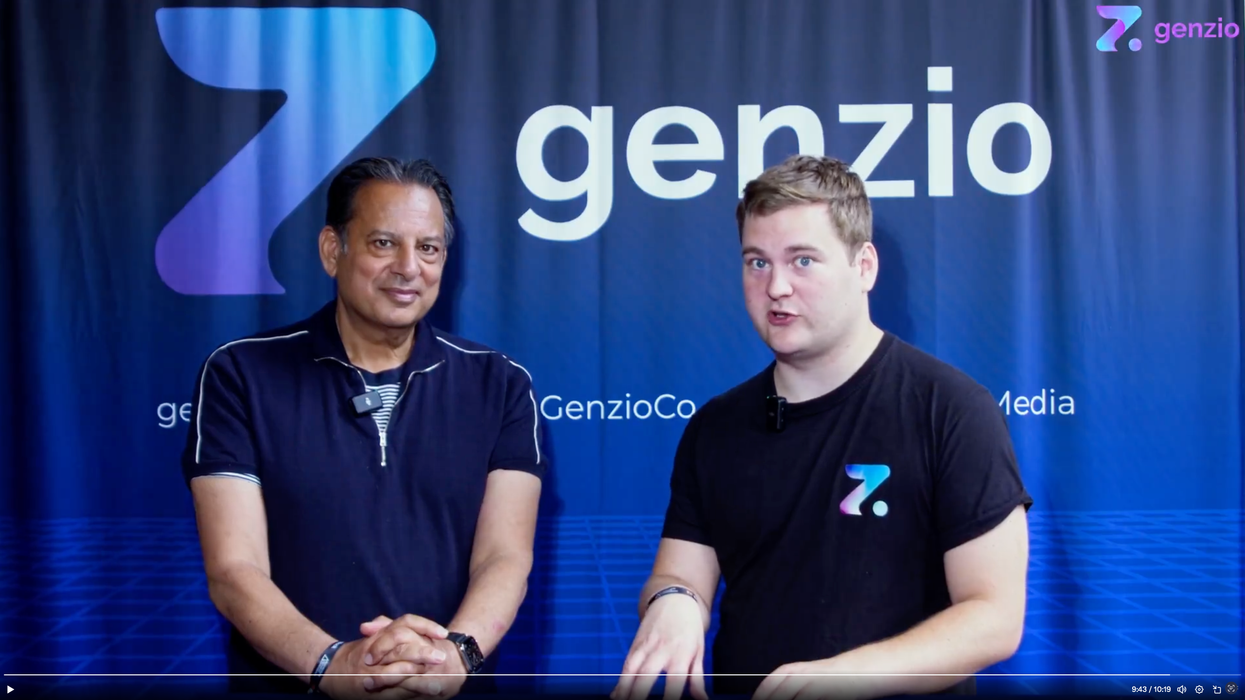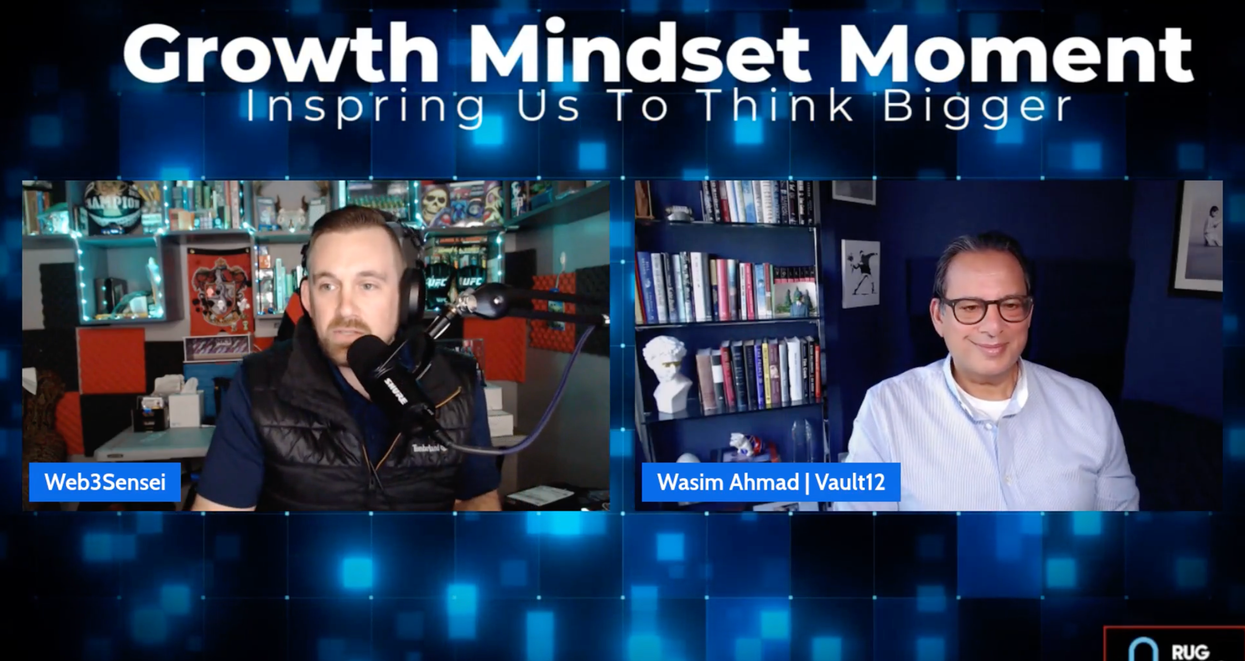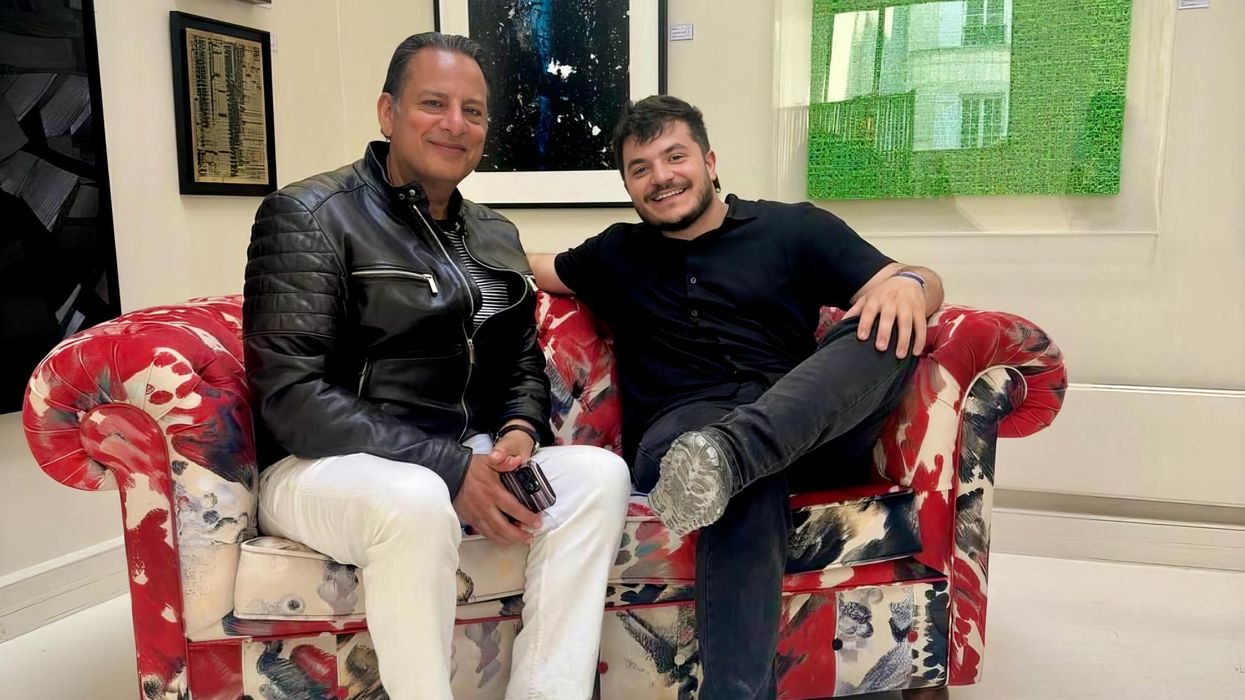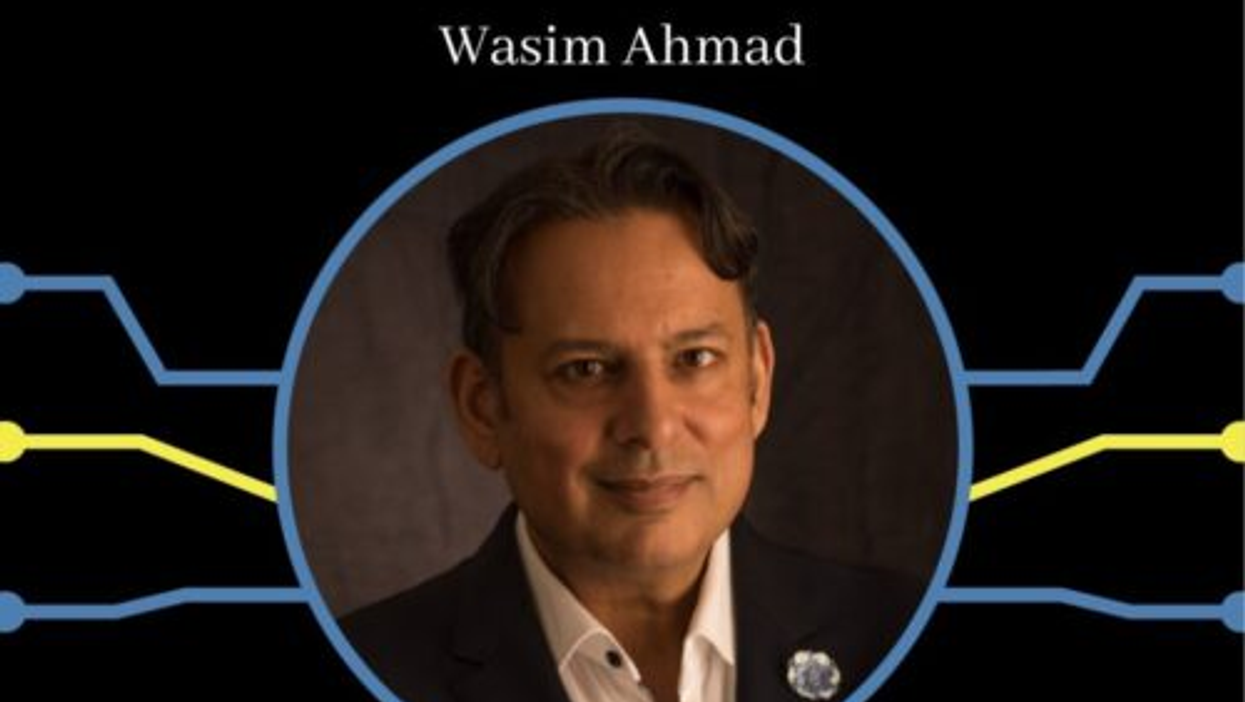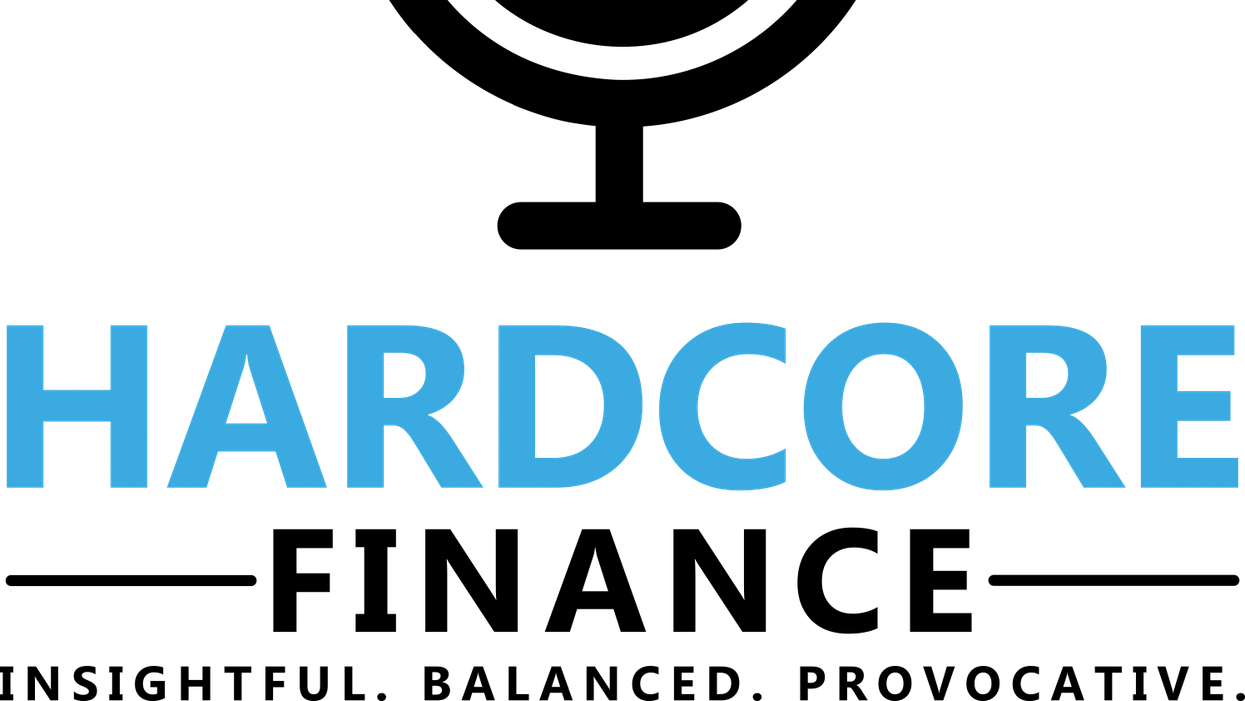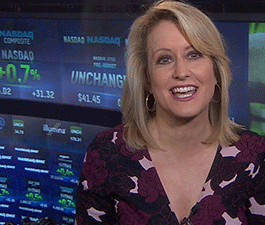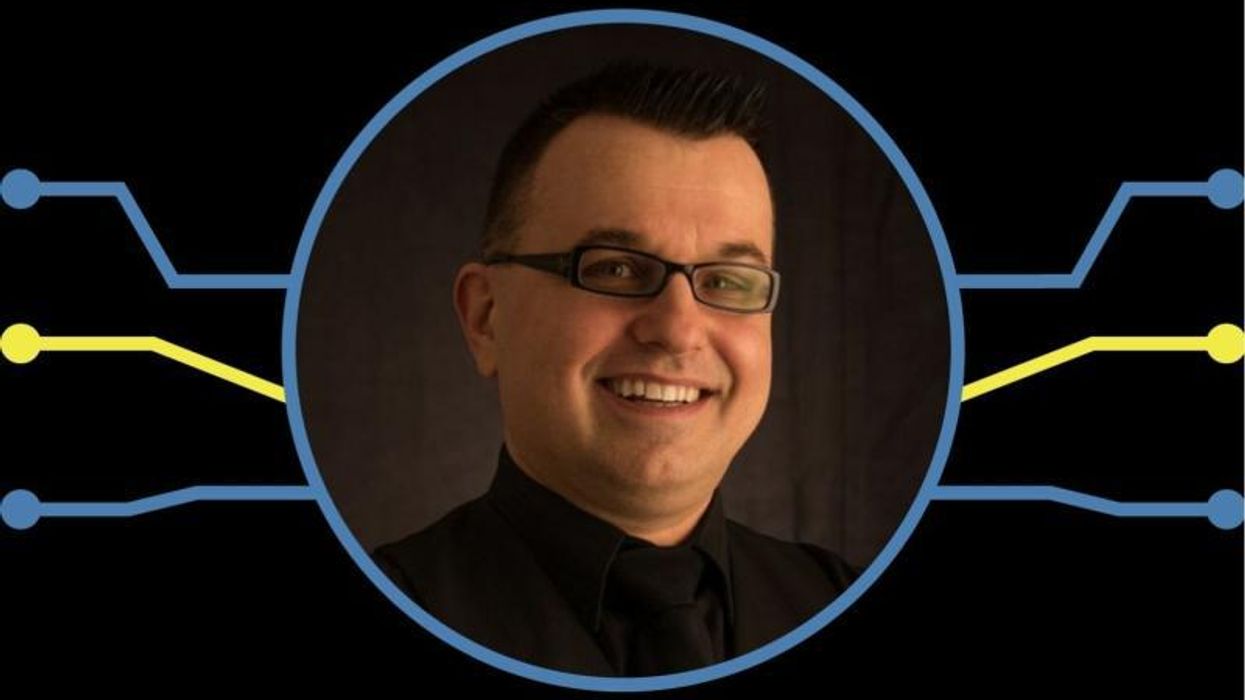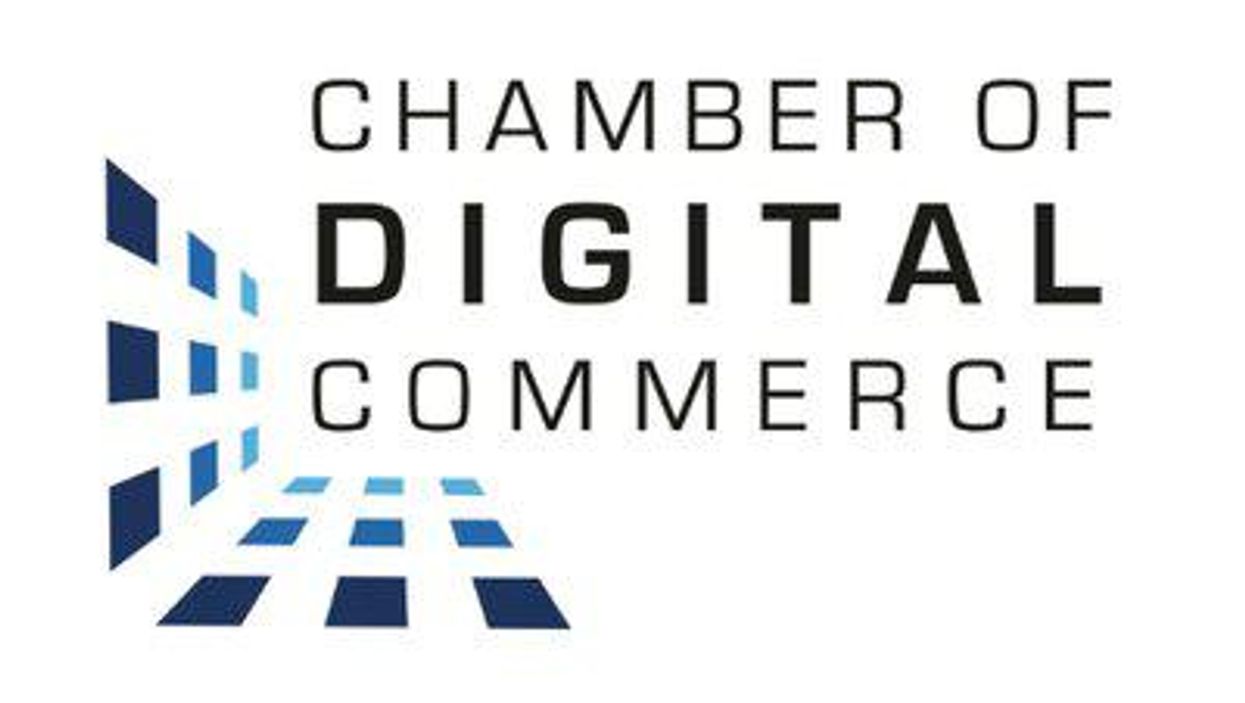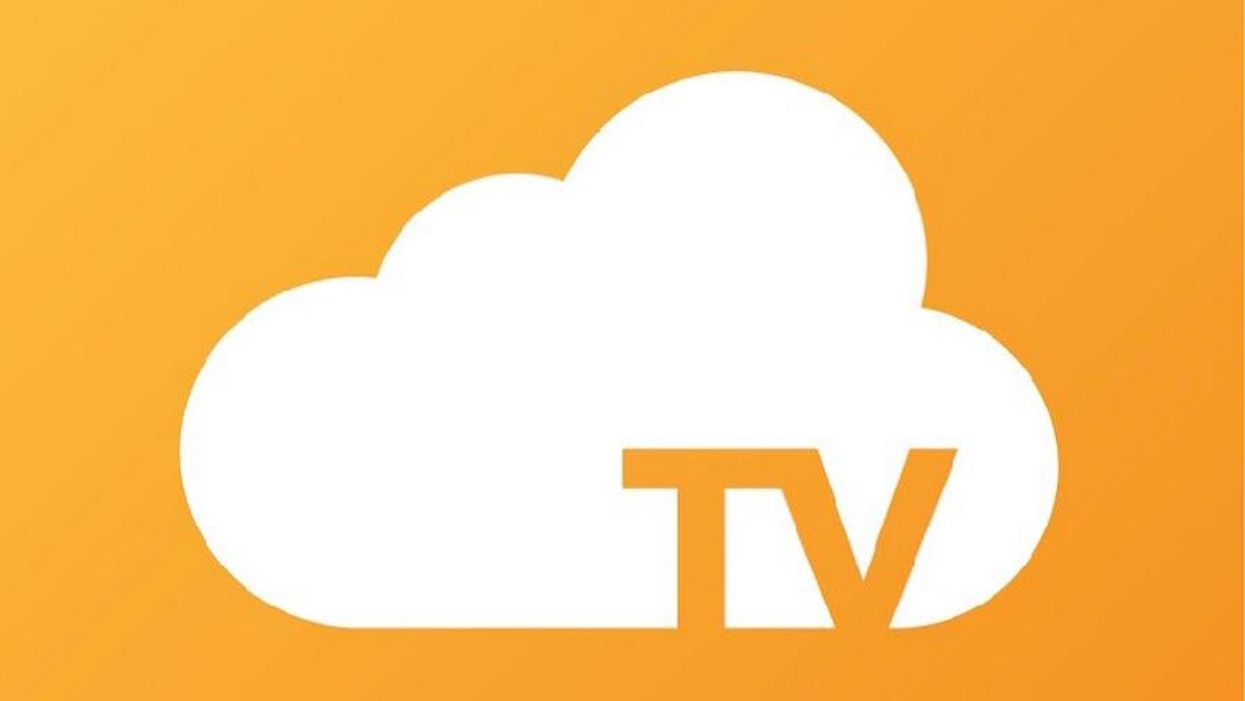DC Blockchain Summit | The Mindset of Retail Investors
Presented at DC Blockchain Summit 2025 in Washington D.C.
🎙 Featured Panelists:U.S. Rep. Shri Thanedar, Andrew McCormick, eToro, Tarek Mansour, Kalshi
Moderated by: Wasim Ahmad: Wasim Ahmad, Vault12
Livestream: livestream
Youtube: https://www.youtube.com/@TheDigitalChamber/videos
*** Special Offer for Podcast listeners ***
Promo codes for Vault12 Guard
The iOS codes are good for 1 year subscription at no cost, then will revert to standard price for Inheritance plan. iOS codes can be redeemed in the Apple App Store.
The Android codes are good for 90 days subscription at no cost, then will revert to standard price for Inheritance plan. Android codes are redeemed when selecting and paying for the Inheritance plan in the app.
Instructions for how to redeem here.
Code: CMNYC25
iOS: https://apps.apple.com/redeem?ctx=offercodes&id=1451596986&code=CMNYC25
Android: Enter code CMNYC25 when you select the Inheritance plan
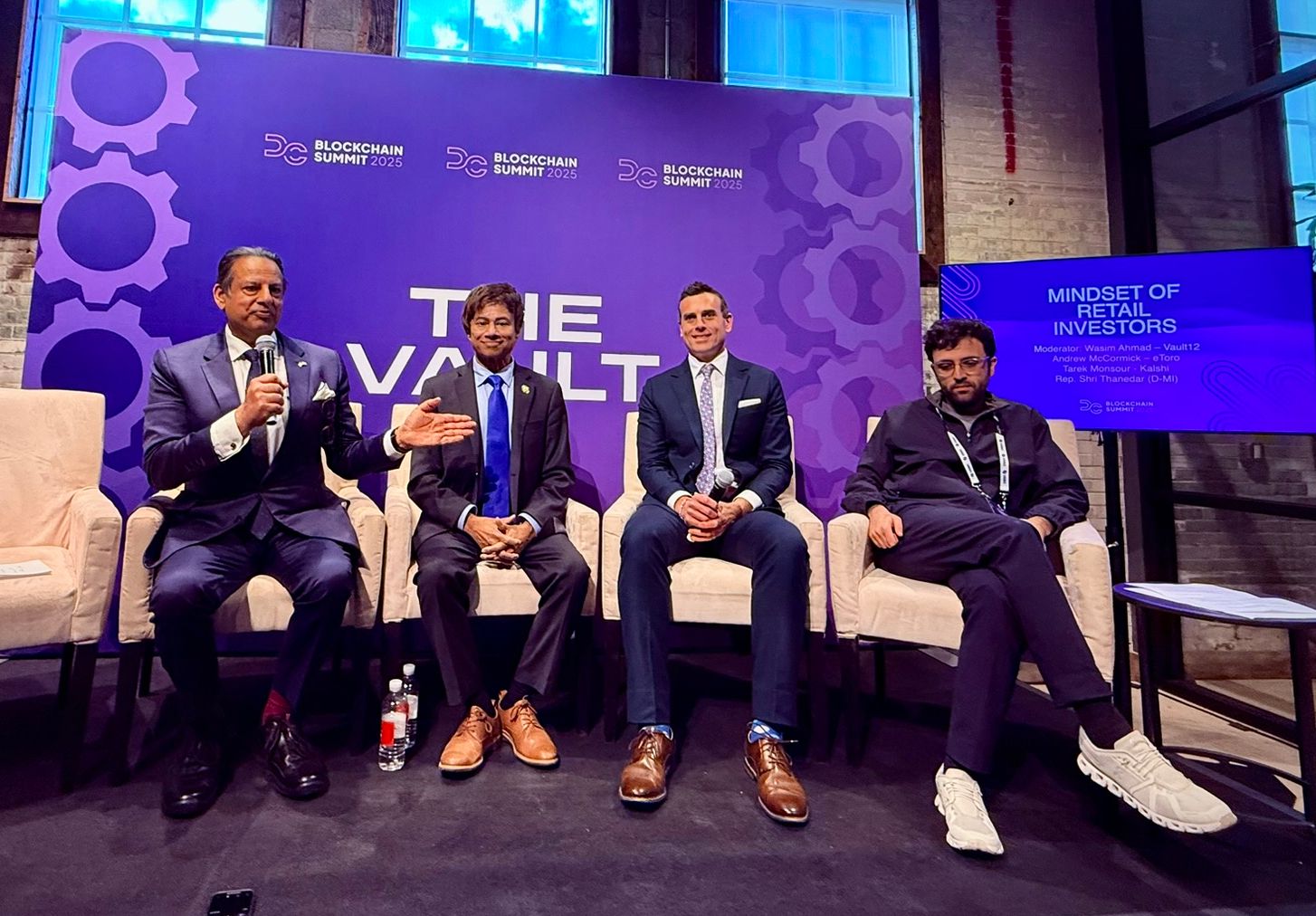









Transcript
Wasim Ahmad:
Hey, everyone. My name is Wasim Ahmad. I'm one of the co-founders of Vault12, which helps retail investors do cryptocurrency inheritance, something that everyone needs to think about because no one's going to do it for you. And then, joining me on the panel today is Tarek Mansour from Kalshi, Andrew McCormick from eToro and Congressman Shri Thanedar from Michigan.
Wonderful. Great. Okay, so we're going to jump into it straight away. So my first question is for Andrew and Tarek really to define for us the conversation around retail investors. So who have they been and how is that evolving? Do you want to take it away?
Andrew McCormick:
Yeah. I'd love to jump in. Thanks, everyone, for being here. So I think we've seen some incredible and really cool trends in the last couple years. Historically, the stereotypes is investing is for older, rich people, and that's it. In the last couple of years, we're seeing all those barriers fall down. In the US in traditional markets, we've seen 50% of Americans typically own stocks. That's now more like 60%, 65%. A percentage of Americans holding crypto assets in the last two to three years has doubled. And I think what's especially cool is there's more people investing, but also at a younger age. And at eToro, we are retail trading platform serving millions of customers around the world and a majority of our users are millennials and younger, which we classify as young investors, which brings joy to my heart, because I'm barely a millennial. So technically I am still at age 42, a young investor.
And so what we see more people are investing, at younger ages and it's having a very interesting impact because younger folks have a longer time horizon so they can take more risk. Stereotypically, that's like the YOLO trades people talk about in the news, meme stocks, meme coins, but it goes beyond that. We've seen ETF assets more than double in the last five years. And I think it's cool because if you're a young investor and you're starting at 20 instead of 45, you can take more risk, you have a longer time horizon. I think that's really, really healthy and really exciting and will seem relevant to your world. An amazing trend we're going to see in 20 years is where just 80 plus trillion dollars are going to pass from older generations to millennials and younger by 2050.
Wasim Ahmad:
And 7 trillion of that is going to be in crypto assets.
Andrew McCormick:
That's a great commercial for you. And what's amazing, most of those assets today are probably in advisory accounts where people go into an office, they meet with a financial advisor once or twice a year. And younger investors, I don't think that's our jam. That's not what people are going to do in the future. And so mobile trading apps where people are doing these trades on their phone, I think are going to be a recipient for a lot of these types of assets. And maybe that's crypto, maybe that's meme stocks, maybe that's really cool binary futures platforms where today, older folks aren't really down with it, but in the future, it's going to be the norm. So more people investing and younger, and I think that's a powerful force.
Wasim Ahmad:
So Tarek, you started your company at the age of 22. So your retail customer's older or younger?
Tarek Mansour:
We have the full spectrum. So it's definitely concentrated. It's a curve that just goes down as the age goes up. But maybe just a little bit of context on how we started the company. So what we do at Kalshi, we're a prediction market in the US, the leading one. If you didn't hear the name of the company, you probably heard that we were forecasting Trump winning the election leading up to the election. What we do is we list derivatives, we're regulated by the CFTC, and these derivatives are yes or no question about anything that could happen in the future. Who is going to win an election? Will it rain tomorrow? What is the Fed going to do at the next meeting, and is a hurricane going to hit a certain city? So I actually started the company after spending some time at Goldman and Citadel, and the key insight that we saw when I was there, the clients were not retail clients, they were institutional clients actually. They were asking very simple questions about the future. It's like, "Hey, we want to hedge against Brexit or get exposure to Brexit." That was actually 80% of the flow we used to get at the desk at Goldman.
And what we would do is we would use traditional assets to give them that exposure they were looking for. But there were a few problems. One, it was a proxy. So a lot of people actually put on an S&P short ahead of the 2016 Trump election because they thought that was a Trump hedge. Trump did indeed win. So they were right, but they lost money because the S&P went up. And then number two is kind of opaque, it was OTC, the banks would decide the price, and there wasn't sort of a dynamic transparent marketplace for these things. That's where we came from to build this marketplace.
So going back to the question about retail, what we see with Kalshi, so we spent years getting regulated, we've grown a lot now, we have millions of customers. And these customers are actually generally speaking, people that have traditionally not been in financial markets. Our average customer, if you ask them, "Do you trade in options and derivatives?" Their usual answer is actually, "No because I don't gamble." And the reason they answer that way is because what we've built is we've built a tool, a financial instrument that a much vaster and wider range of people relate to. A lot of people may relate to things around culture and what's going on there or the weather. Most people relate with the weather, because they can see if it's rainy or sunny or politics, which a lot of people... I mean, I don't need to tell you about how much people relate with politics and a variety of other things, but they didn't really have a mechanism to actually express opinions on these types of topics that they relate to or have views on or hedge risk with respect to these things. And it's so interesting because if you're a person that's worried about Brexit, how it's going to impact your business, you actually understand that very, very well and intricately. You may not understand a lot of the traditional assets.
So we see kind of this rising class of people that are entering financial markets, but really through prediction markets, through Kalshi, and it's this sort of idea of... I like the analogy at the time Uber was like the pitch to a lot of drivers was like you have extra time, how about you monetize it? And this rising class of people that... And it's really beautiful. You read the news a lot. You know a lot about the economy, you have a lot of views, you go to trivia night and argue with your friends on Twitter. You have a lot of knowledge, how about you monetize it? And that's really what we're seeing at least on our end. And I find that very, very exciting because the playing field now is pretty level. Citadel is not actually the dominant force in our types of markets. It's retail.
Wasim Ahmad:
Great. Great. So Congressman, I want to turn to you. You represent a district in Michigan. You were the only democratic co-sponsor of a bill that focused on removing the IRS from being able to kind of mess around with CeFi and DeFi corporations. What is your vision for how crypto can help retail investors?
Shri Thanedar:
Well, look, thank you for having me on the panel, Wasim.
Wasim Ahmad:
Of course.
Shri Thanedar:
My name is Shri Thanedar. I represent Michigan's 13th Congressional District, and I was proud to vote for the FIT21 and as well as Resolution 25. Again making it easier, in my district now, my district is one of the fifth poorest district in the country, and I'm starting to see Bitcoin ATMs popping up especially in the low income areas, something that is charging 20% premium on purchasing Bitcoin. So from that, how do we go to a position where crypto is in every wallet and people, not just the wealthy and accessible, but people at the low income area, how would they start using this as their daily currency? How would my small mama-papa businesses would use this to do business across the world? And then, how does Congress come in and make it easier? How do we make sure that the innovators and entrepreneurs aren't going to UAE and aren't going to Singapore and everywhere else, that we have meaningful guidelines that the innovators and the entrepreneurs feel comfortable setting up their shop in the US because they could go take their laptop and go anywhere they want to go. And how do we keep them here in the US? How do we make this, just make sure that crypto is in every wallet?
Wasim Ahmad:
Great. So I'm going to delve into those questions a little later.

Andrew McCormick, eToro
Wasim Ahmad:
So before we get there though, I would like the panelists to talk about what are the biggest challenges facing retail investors today.
Andrew McCormick:
So there's certainly challenges. I'm a lawyer by trade, so I'll give a disclosure at the beginning because lawyers love disclosures, that there's no better time in American history to be an investor than today. So typically, you would need to know a financial advisor. Just to place a trade, you need $20 to pay a commission. You'd have to buy a full share. And if you want to do that for G&E or something, you might need $300 to place a single trade. Today, you can get started with $10. Whether that's a stock, ETF, crypto. And so there's no better time to be an investor than today. It's never been easier. At the same time, there's never been so many educational resources out there, so many platforms that are making cool, innovative, engaging products that help people build better lives for them and their families.
Some challenges though with that is there's persistent news out there, right? So years ago, if there's a huge drop in the stock market, you read about it the next day in the newspaper, you go to work. Now you're getting alerts on your phone, your friends are talking about it, you see it on TV, social media, emails, so it's easy to freak out and get scared. And there's probably nothing worse as an investor to do is to panic, to make an emotional sell, emotional trade. And I think that's hard in today's market because there's just information everywhere, which is really great and empowering and breaks down barriers but can cause an emotional drain on you, whether it's finance or politics or your sports team is not performing how you want, you see it all the time. So I think that information overload is a challenge, so I think it's important as an investor to stay committed and don't freak out and just plan for the future one step at a time.
Wasim Ahmad:
So eToro is like the Robinhood of Europe, and then you have a footprint now in the US that's growing. Really what is it that you're delivering that addresses the challenges of retail investors? Is it a smoother on ramp into a variety of different financial products? Is that kind of your mission?
Andrew McCormick:
So one is diversity of products, right? We're not just crypto, we're not just stocks. We have crypto, stocks, ETFs. In the future, we'll probably have futures and investment accounts and advisory accounts. So the diversity of offering is number one. Number two, we're very passionate about education. So we have a whole content called the eToro Academy with hundreds, maybe thousands of articles, videos in what we call snackable content. It's like not some long thesis that no one's ever going to read, like a two-minute video on key topics. What's an ETF? What's day trading? Things like that, where people can digest it in the way we digest news and information today.
And then, just trying to make it super easy to get started. No commission on stock trading. You can make investments for as little as $10. So my family, we're passionate about Chipotle. So one thing that like all our kids eat, and historically you might need $500 to buy a share of Chipotle. Now if you're passionate about Chipotle and you're like, you know what? I don't want to be just a customer there, I want to be an owner, $10. And you can start building that platform, and that innovative $10 entry point is not something that most firms offer.

Tarek Mansour, Kalshi
Wasim Ahmad:
That's great. So Tarek, you have upwards of 2 million downloads, billions of dollars in the market, and then you have partnered with Robinhood and Webull. Is that right?
Tarek Mansour:
Yeah. With more in the pipeline.
Wasim Ahmad:
Right, right. So what are you seeing as either challenges or just things that retail investors are overcoming in the rush to jump on top of prediction markets?
Tarek Mansour:
Yeah. I mean, I think, yeah, we now have, I would say one of the largest ecosystems in terms of retail presence in the US. I'll talk a little bit about the challenges because I do think it's an interesting question. I think of them as sort of two buckets. One of them is regulation and the second one is let's call it like short attention spans, which I think is a real problem in retail today. The thing with regulation, and I'm talking a bit more strictly about CFTC world, which is the world that we live in. I mean, historically retail has generally been a bit left off the conversation. They're kind of always lagging, generally they're underestimated. And I think the world has woken up now to like, yeah, actually retail can propel a stock to multi-trillion dollar market caps these days. That's something that was totally not possible 10 years ago. It is today. And I think there is a lot of work to do on creating...
One example is in our world in CFTC, there's actually no real consensus definition of what a retail investor is. When you're asking about retail, I'm thinking like, I actually don't really know what that is. Or a general definition, it's a dude trading, but like what is retail, and how do you think about that? Because there's sophisticated retail, there's extremely informed flow, there's less informed flow, and how do you differentiate between these? And I think so that's one challenge. I think there's a lot of work to do and I think it's been very encouraging over... In recent history, we're seeing a lot more willingness and discussion around retail in our world, in the CFTC world.
The second thing is, I think the world is short. Like we talk a lot about retail, sort of short attention span with people, but you're not seeing kind of changes that fit that. But the reality is like people can't really read anymore. The average 25-year-old cannot read a blog post. They just can't. They have to get something in 10 seconds, and if it's less than 10 seconds, they're gone. As we think about that, it's like you need to restructure the marketplace. You need to restructure education. You need to restructure the entire journey that a retail customer goes through when they experience any financial service with that core principle in mind. Like you cannot actually go force people to go read long blog posts or long terms and conditions and then tell them like, "Hey, it was there. You should have known." You have to kind of integrate that into your UX, and that's a lot of the work we do at Kalshi.
Wasim Ahmad:
Great. So Congressman, you touched on this. So how do you see crypto helping the average ordinary investor? You talked about it, you touched on it in your opening remarks, and I know Senator Cory Booker has talked about this, but it's not a general conversation that's out in the media or anywhere. So having seen poverty and all of those kinds of things, where do you see crypto helping the average person, the everyday person?
Shri Thanedar:
Well, look, the small businesses. Doing business across the world is so difficult through the current banking system, the long delays that are happening, the rejections of wires and transfer of money, the cost. As opposed to through crypto, transactions can happen in a matter of seconds. And to having that access, low cost or no cost access to be able to transact quickly, efficiently, without having to go through the bureaucracy of a bank or without having to go through the fee structure. I do a lot of business myself with India, and when it's sending small amounts of dollars to Indian vendor become so difficult because invariably, they get caught into the banking structure, and I get almost half of my wires get rejected when I go through the bank.
Whereas having that access to do business, it would mean a lot to have that access for a small business. It would mean a lot to have that access for person of low income transacting. And the blockchain just takes this further with all kinds of opportunities outside of crypto. That all need to be explored. And we in the United States, need to be the leader of the world in this. And this is where most of the innovation must happen. Unfortunately, currently, the crypto transaction, 90% of them are outside of the US, so that has to change. And that's what something I want to look at it from the Congress's perspective, how can we change regulations? How can we change things to make it easier for people to do business?
Wasim Ahmad:
Okay. So unlike a lot of Congresspeople, you are actually a businessperson, a scientist, and an entrepreneur prior to taking your place in Congress. So how are you working with your colleagues? Earlier today, there was a session with Representatives Sarah McBride, Don Davis and Sam Liccardo, talking about how they were working with Congress. So I'd love to hear from you, what are you doing to further your vision?
Shri Thanedar:
Well, currently, as we look at the voting on the first FIT21, only about 45 Democrats voted for it. The last resolution were about 72 Democrats. So a very small group of Democrats do support this at this time. I am a part of a Congressional Progressive Caucus, and there is a lot of suspicion in the Progressive Caucus about and crypto is looked at as a tool of the rich and the powerful. However, the Progressive Caucus and members of Progressive Caucus who care about access to financial markets, access to transactions, financial empowerment for people at low means, this is really the tool that [inaudible 00:19:03]. So it's going to take a long time to turn people around, but education is the key, education of members of Congress. They need to really understand about the powerful technology this is, and how this is going to help average everyday Americans.

Andrew McCormick, eToro
Wasim Ahmad:
Great. Now, let's hear from the other side. So both of you have platforms, target investors, everyday investors. How are you going to work with policymakers? What do you need the policymakers to do? How do you get better outcomes for your customers as far as working with people in Congress, people in the Senate, etc.?
Andrew McCormick:
I'd say clarity is helpful. It's interesting, in the United States and with our platform, we offer stocks and ETFs and options, but also crypto assets. And what that means, we have over a hundred different regulatory jurisdictions. 50 states all have different says on the security side, stocks, ETFs, as well as the SEC and FINRA. And on the crypto side, 50 different states have opinions on that and all different standards and rules. And when you're trying to run and build a lean, innovative FinTech, a startup that's trying to help empower customers, it's really, really hard when you have over a hundred different regulatory regimes you have to navigate. And we have operations in over 75 different countries, so we always have this very interesting AB test of like how things operate in other countries. And when we talk with our AML and compliance colleagues in the UK, for example, this all sounds crazy to them. They have one regulator, stocks, crypto-
Wasim Ahmad:
I've been working with them. It's insane what they're not doing.
Andrew McCormick:
Yeah. It's just much more efficient. And of course, there's Dubai and Singapore where they're breaking new ground and everything is very clear and certain and welcoming. I mean, this is the best place of capital markets in human history. And the money's here, the talent's here, the brilliance is here. We just need that regulatory clarity. It doesn't need to be perfect legislation, perfect regulations, but just something that's progressing and it's just clear, I think would be helpful.
Wasim Ahmad:
We're going to hear from Commissioner Peirce on the main stage, so hopefully we'll start to see some of that clarity. Tarek, what do you have to add?
Tarek Mansour:
I think we might be out of time.
Wasim Ahmad:
No, no. We have two minutes.
Tarek Mansour:
Okay. I'll do two minutes then. I'll do it fast. And it's pretty simple. I actually think my perspective is slightly different. So I think we're talking about the CFTC, the Commodity Futures Trading Commission. Obviously, CFTC is becoming more and more famous and popular these days. That's pretty cool to be CFTC-regulated because of crypto, which is awesome. I actually think the CFTC has structurally been a very... I mean, the difficulty is always kind of how do you balance sort of innovation and bringing things on shore and having the US capital markets or derivatives markets thrive, and then making sure that you don't let things explode, basically and be diligent and [inaudible 00:22:01]. Actually, my perspective after working with CFTC for I think close to five or six years now, I think that regulator has actually done a pretty good job at kind of towing that balance. And in some ways like, maybe it's one of those rarest things, like we don't have much to complain.
I mean, we have our disagreements with the CFTC. This guy from a company that has sued that regulator two years ago. And sometimes we disagree on certain issues. On that specific issue, we ended up winning. But on most issues, I think it's been a regulator that's been sort of very pro-listening to new entrants and innovation. And maybe the TLDR here is just kind of this sort of bi-directional dialogue. That's I think, pretty critical. It's for companies to actually educate regulators and vice versa for companies to listen to regulators. And so yeah, I think that's probably my perspective on this.
Wasim Ahmad:
Great. Thank you very much. I think we are now out of time. Thank you, panelists. Thank you so much for sharing your insights today.

DC Blockchain Summit
DC Blockchain Summit | The Mindset of Retail Investors

Wasim Ahmad
Wasim Ahmad is a serial entrepreneur and an advisor in the fields of AI, blockchain, cryptocurrency, and encryption solutions. At Vault12, the pioneer of crypto inheritance, he led private and public fundraising efforts and focuses today on expanding the Vault12 ecosystem. In addition, he is a producer of the upcoming movie 'The Bitcoin Executor'.
His crypto experience began with AlphaPoint, where he worked with the founding team to launch the world's first crypto trading exchanges. Previously he was a founding member of Voltage Security, a spinout from Stanford University, that launched Identity-Based Encryption (IBE), a breakthrough in Public Key Cryptography, and pioneered the use of sophisticated data encryption to protect sensitive data across the world's payment systems.
He has also been very involved with regulatory initiatives in both the US and the UK, providing feedback to the SEC and FCA respectively pushing for expanded momentum for innovation and startups within the regulatory frameworks of both countries.
Wasim served on the board of non-profit, StartOut, and is a Seedcamp and WeWork Labs global mentor.
Wasim graduated with a Bachelor of Science in Physics and French from the University of Sussex.
